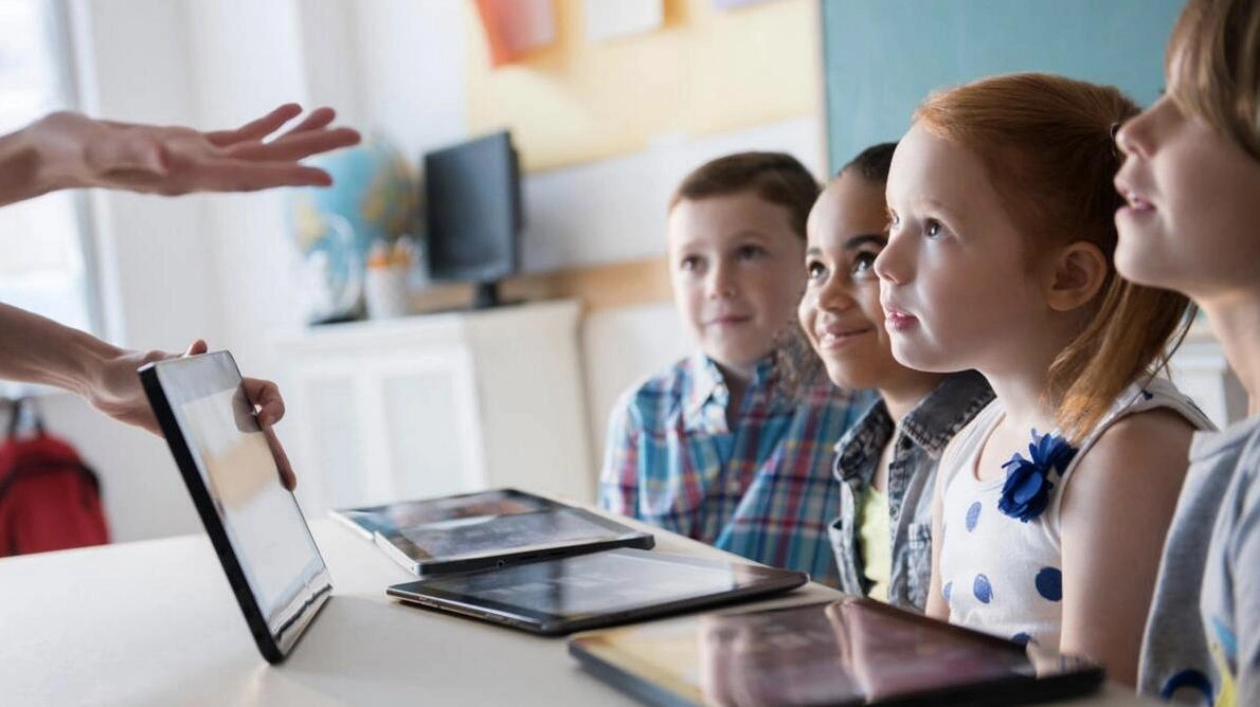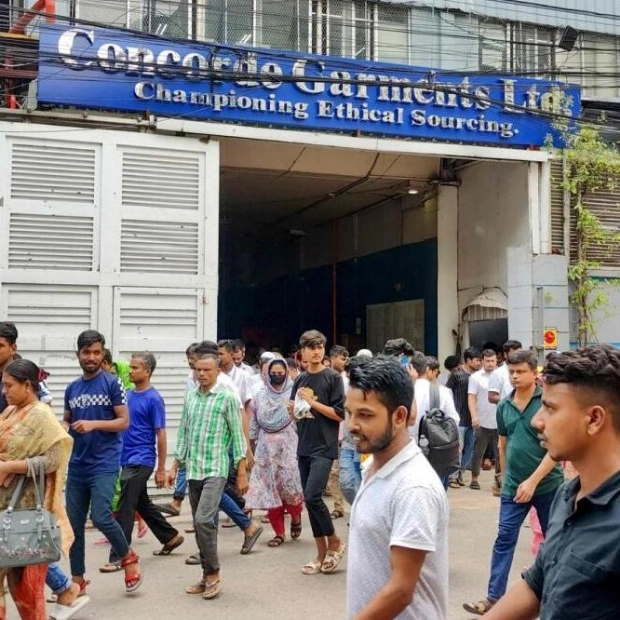World Teachers’ Day (WTD) is observed annually on October 5. This day honors Unesco's 1966 recommendations on teachers' rights and responsibilities. Ultimately, WTD is a worldwide celebration of educators, a tribute to all teachers—from those painting faces on eggs to those encouraging doctoral students not to give up. Many of us can remember at least one teacher who significantly influenced our lives. As the old saying goes, 'If you’re reading this, there is probably a teacher to thank.'
Like many aspects of life, education has experienced the disruptive impact of the information age. Until now, changes in education have been gradual and mild. However, more significant changes are looming and are likely to affect teachers' rights and responsibilities. As a former educator (college professor), I recall my first interaction with a digital native (someone who has never known a world without Wi-Fi). It was during a seminar when I posed a question I was confident no one could answer. For years, this question had been met with silence, blank stares, or incorrect answers. But that year, it was different. After a brief silence, a few hands went up, and a clear, coherent, and correct answer emerged. The era of using Google as an in-class study tool had arrived. At that moment, I realized that education and educators had no choice but to evolve.
In recent years—accelerated by the Covid-19 pandemic—the realms of technology and pedagogy (teaching and learning) have become increasingly intertwined. With artificial intelligence (AI) also entering the educational arena, I wonder what this will mean for teachers and students in the near future. Will we witness the rise of robot teachers?
In their 2018 co-authored book, 'The Fourth Education Revolution: Will Artificial Intelligence Liberate or Infantilise Humanity,' Sir Anthony Sheldon and Oladimeji Abidoye argue that AI embedded within robotic teachers can easily surpass human teachers in providing information and tailoring assessments to individual student needs. They propose that age-related year groups may become obsolete. If a student is ready to progress, they will, with robo-teachers leading the way.
Are we prepared to embrace an AI-led classroom? We recently explored this question in our 2024 global digital wellbeing study, surveying 35,000 people from 35 countries across seven world regions. Specifically, we asked respondents to indicate their level of agreement or disagreement with the statement: 'I would let my child be taught by an AI-generated school teacher.' A slight majority disagreed or were unsure, but 45 percent agreed. Some nations were very positive about AI-generated teachers, while others were less so. This was part of a broader pattern related to AI optimism; for example, people in East Asia (China) and Southeast Asia (Vietnam) were far more optimistic about the societal benefits of AI than those in Northern Europe (UK) and North America (US). The UAE, Saudi Arabia, and Kuwait were all relatively optimistic (above the global average on AI optimism).
Despite current public perception, it’s difficult for me to envision AI not playing a crucial role in the future of education. The challenge lies in ensuring that AI complements the existing role of human teachers. Beyond imparting information, great teachers are 'experience architects,' creating growth-promoting safe spaces where everyone thrives. Along with facts and figures, teachers also impart life lessons. Through their actions and way of being, teachers instill values within us, teaching us about self-worth, kindness, and respect for others.
There is a traditional Arabic saying: al-hilm qabl al-ilm, which means 'kindness/compassion before knowledge.' I believe this phrase would serve as an excellent guiding principle for designing AI-assisted classrooms of the future. Human oversight is essential for humane AI, and teachers are well-positioned to provide such oversight in educational contexts.






